Workflow automation is the process of designing, executing, and integrating various tasks or processes without the involvement, or only with little involvement, of human beings, but with the help of computers and communication technology. It wipes out allowing production workers to execute the same work for weeks and even months. The typical repetitive functions are automated processes that let the departments redistribute the resources currently dedicated to the work. In the case of the other activities, the tools will allow employees to take on more value-adding work, thus the organization will stay on course.
The key elements in automation are error reduction, task acceleration, and production increase. It is, for example, automation that a retailer may carry out by adopting a system for inventory management and a solution for ordering automation, while a fintech firm may build automated fraud detection systems. Tools like Nected lead automation to the next stage through offering a platform which allows the integration of many parallel workflows, thus ensuring perfect adaptability to the new market conditions and resulting in the immediate implementation of necessary changes.
How Workflow Automation Enhances Your Business?
Workflow automation isn’t just about reducing repetitive tasks, it’s about empowering organizations to thrive in a competitive environment. By integrating technology into daily operations, businesses unlock opportunities for faster execution, improved accuracy, and significant resource optimization. Here are some of the critical advantages that make workflow automation essential:
- Accelerated Deployment Across Departments:
Workflow orchestration facilitates the seamless integration of IT, HR and sales across different business units bringing deployment time down and increasing the efficiency of cross-functional teams. By way of illustration, the company called Zapier which is a no-code software provides a learning curve of about three hours and has the potential of saving weeks of manual labor across various departments
- High Adaptability with Low Technical Expertise:
Orchestration tools stand out for their intuitive design, enabling even non-technical users to implement complex workflows with ease. While many no-code platforms cater primarily to beginners, the best solutions strike a balance between simplicity and versatility, ensuring they meet the needs of users with diverse skill levels. This inclusive approach is essential in today’s landscape, also check out top orchestration tools which cater to a wide range of technical proficiencies.
- Rapid Prototyping and Innovation:
Prototyping is a critical phase in innovation, and workflow automation tools facilitate this by enabling the quick testing and iteration of workflows without requiring extensive resources. For instance, some platforms provide intuitive solutions that allow businesses to experiment more thus, reducing overheads and fostering creativity. Nected also makes a significant improvement in this respect by allowing the quick testing of sequential workflows, so that businesses can be more innovative and with fewer risks.
Beside other tools that cannot scale workflows for big organizations, Nected can do it by offering robust scaling solutions, which is perfect for the growing firms. The analysis of the competitors manifests inconsistencies with regard to scalability in some platforms, and Nected does handle these problems in detail.
Real World use cases of Workflow Automation
Industries across the globe have brought immense change into workflow automation as a process of transformation with the coming of the digital era. The way companies operate has improved, and they have reduced errors thus leading to greater productivity and efficiency. Here are some practical examples of how it is being applied in various domains:
- Streamlining General Business Operations: Workflow automation is a tool that helps make routine tasks like approvals, data entry, email follow-ups, and many other tasks much easier. Exploring the way of automation for these tasks that businesses use here is our blog post. See this one Workflow Automation for approval tasks and more on what actually is automation for other similar tasks like data entry and email follow-ups.
- Enhancing Human Resources Processes: In HR, workflow automation is applied to the processes, for example, onboarding, payroll management, and leave approvals thereby eliminating manual bottlenecks and ensuring a smooth employee experience. Read through our article on Workflow Automation for HR to see what HR departments are doing these days.
- Simplifying Document Management: Manual handling of documents is tedious and error-prone. By converting tasks such as contract approvals, version control, and document sharing into almost seamless actions, document workflow automation becomes resolvable. Gain more insight by reading our blog on Document Workflow Automation.
- Improving Healthcare Efficiency: Workflow automation in healthcare ensures timely patient care, accurate record-keeping, and efficient billing processes, and healthcare organizations majorly are enjoying the benefits. Healthcare Workflow Automation is going to be the topic of our upcoming blog. However, more information can be found on Healthcare Workflow Automation, the topic of one of our recent blogs.
- Empowering Startups: The advantage automation provides startups with is to be able to grow rapidly through automation of repetitive tasks such as marketing, customer support, and operations. Check out our blog on Workflow Automation for Startups and find out what startups can get from it that can not be offered by other business areas.
The transformative power of workflow automation in different domains is clear from each of these use cases, and this is what makes it a crucial tool for the businesses of today.
Some Popular Workflow automation platforms
Following are some of the major automation platforms:
Nected:
Nected offers a robust set of tools to design, manage, and optimize workflows, allowing you to streamline complex business processes with ease. The low-code/no-code interface enables you to build complex workflows with an intuitive, drag-and-drop interface without extensive coding knowledge. You can start quickly with a variety of predefined templates designed for common use cases. Additionally, you can create and manage highly customizable workflows tailored to your specific business needs, ensuring that your workflows fit your exact requirements.
Zapier:
Zapier is a no-code automation platform that allows users to easily connect to over 7,000 apps, creating smooth workflows across various departments such as IT, HR, and sales that are automated. Manual labor is replaced by Zapier through the automation of repeated tasks, which not only saves time but also strengthens the cross-functional efficiency in the organization.
Make:
Make is a visual platform that is designed for people who don't know how to code, and includes features to help people design, build, and automate workflows. This tool integrates with various apps and services, so users can quickly create prototypes and bring novel ideas to life. Make's easy-to-navigate panel allows users to manage the workflows they have created and perform complex workflows automatically
Unqork:
Unqork's zero-code platform is a smart solution that makes it possible for enterprises to build, deploy, and handle sophisticated applications without any real coding skills. Its core account looks at both the elimination of technical debt and the speed-up of time-to-market, which also suits big players who are after scalable solutions.
Kissflow:
Kissflow, a low-code application development platform, uses an AI-powered solution that enables users to create apps and workflows with minimal coding. The platform provides functionality like workflow orchestration, app building, and process management, offering technology enthusiastic and non-technical users which encompass both user categories.
Conclusion
Workflow automation has shifted from being a competitive advantage to an operational necessity in today’s fast-paced business environment. Workflow automation is all about giving businesses the time and freedom to do more of the things that they do best and to continue innovating and growing. Such benefits can be seen by removing any human errors and minimizing the time on repetitive tasks. It also adds to team collaboration, ILO, and community as well as betterment of time on tasks that truly matter.
From streamlining daily operations to transforming complex processes across various industries like e-commerce, healthcare, and HR, the applications of workflow automation are vast and varied. The platforms, such as Nected, which are at the top of their game have contributed immensely to the process of businesses automating complex workflows with little or no technical expertise. The ability to swiftly adapt to market changes and integrate innovative workflows keeps businesses ahead of the curve. As automation continues to evolve, it remains a cornerstone for decision-making, efficiency, and long-term success.
The future of automation is promising, and organizations that embrace its potential today will be well-positioned to lead in the ever-changing business landscape. Barring any programmatic errors, automation is a sure way to make the most of your organization and the progress you are striving to achieve.
FAQs
Q1. What work areas can be automated?
Tasks such as data entry, email management, document approvals, sales processes, HR operations, and customer support can all be automated to improve efficiency.
Q2. What are some difficulties in applying workflow automation?
Challenges include integration with existing systems, resistance to change, initial costs, and the complexity of setting up automations for intricate workflows.
Q3. How can workflow automation improve team collaboration?
Automation creates a single platform for tasks and data, thus increasing transparency and the degree of collaboration between employees, leading to smoother collaboration across the company.
Q4. Can workflow automation be a solution to compliance issues?
Yes, automation ensures that processes are always followed the same, which means no human errors and it is easier for the businesses to meet the necessary requirements by regulatory bodies.




.png)
.svg)
.webp)

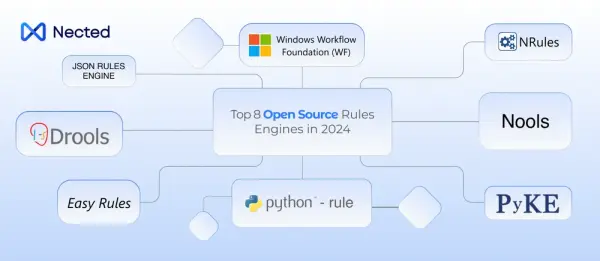



_result.webp)
.svg)


.webp)


.webp)
.webp)

.webp)
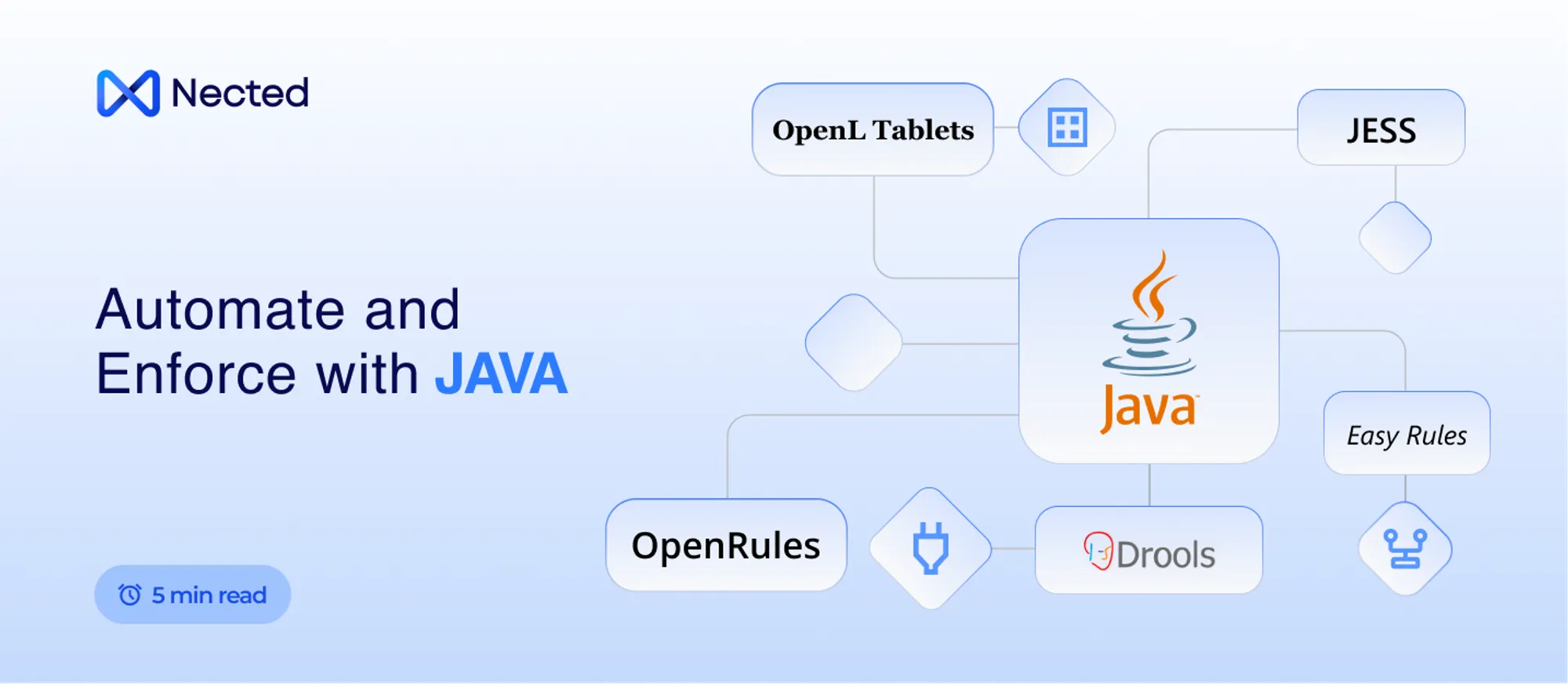
.webp)

.svg)
.webp)




.webp)
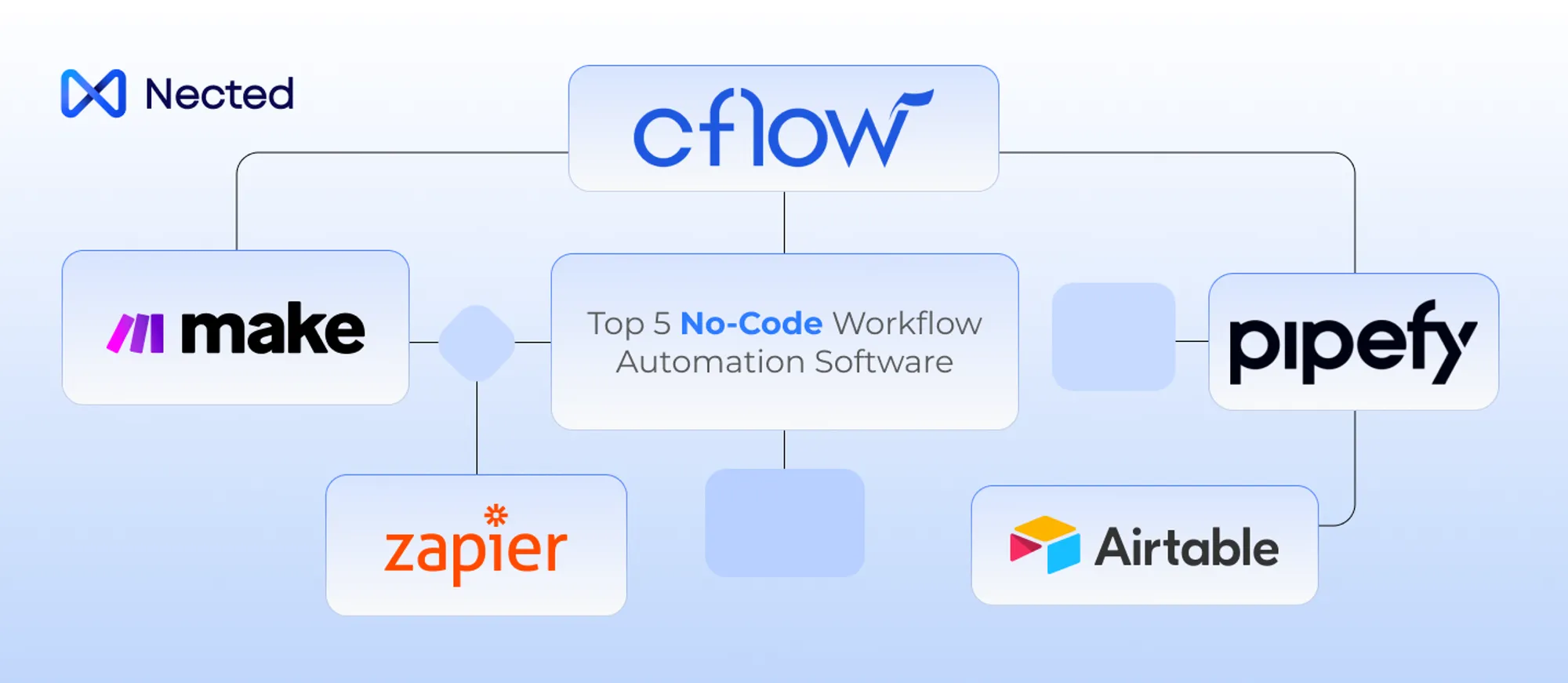
.svg.webp)


.png)

_result.webp)

.webp)



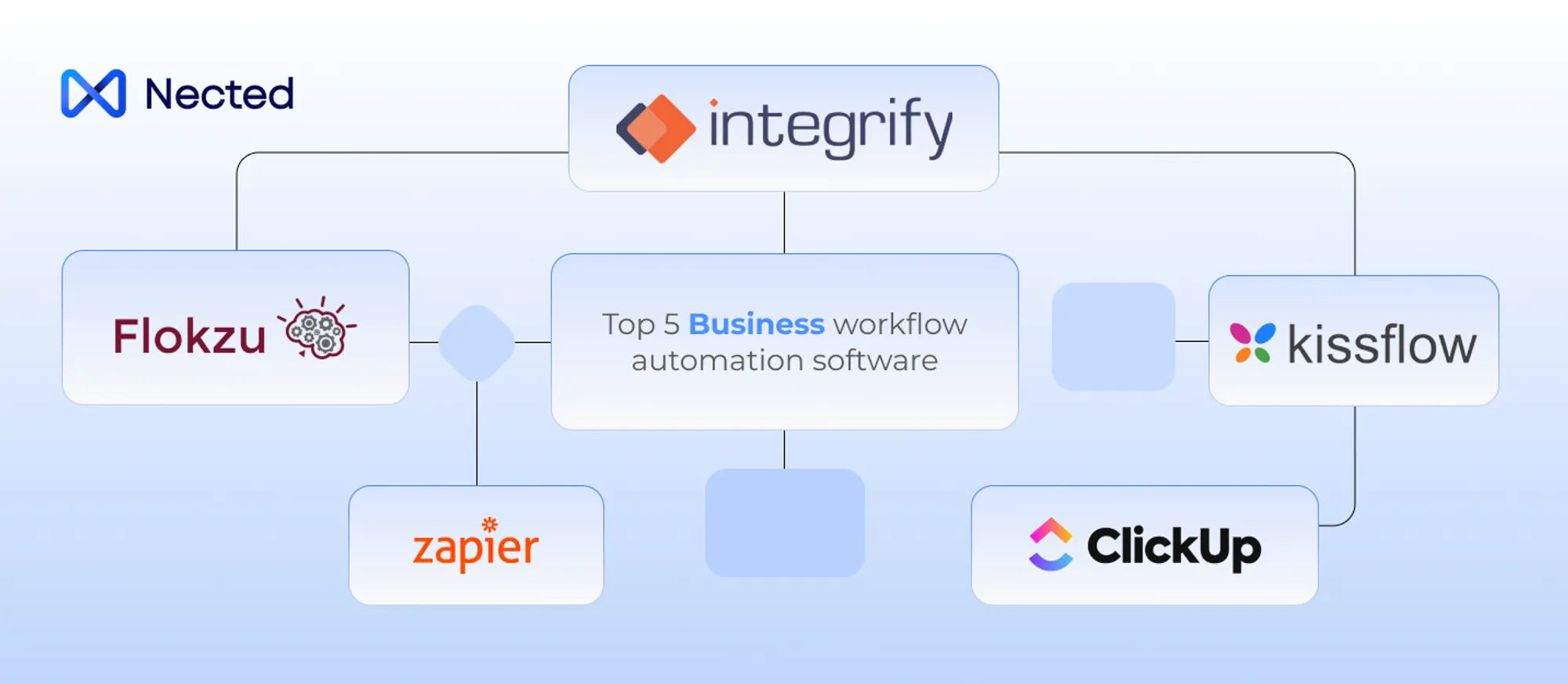
.webp)


%20m.webp)
.webp)
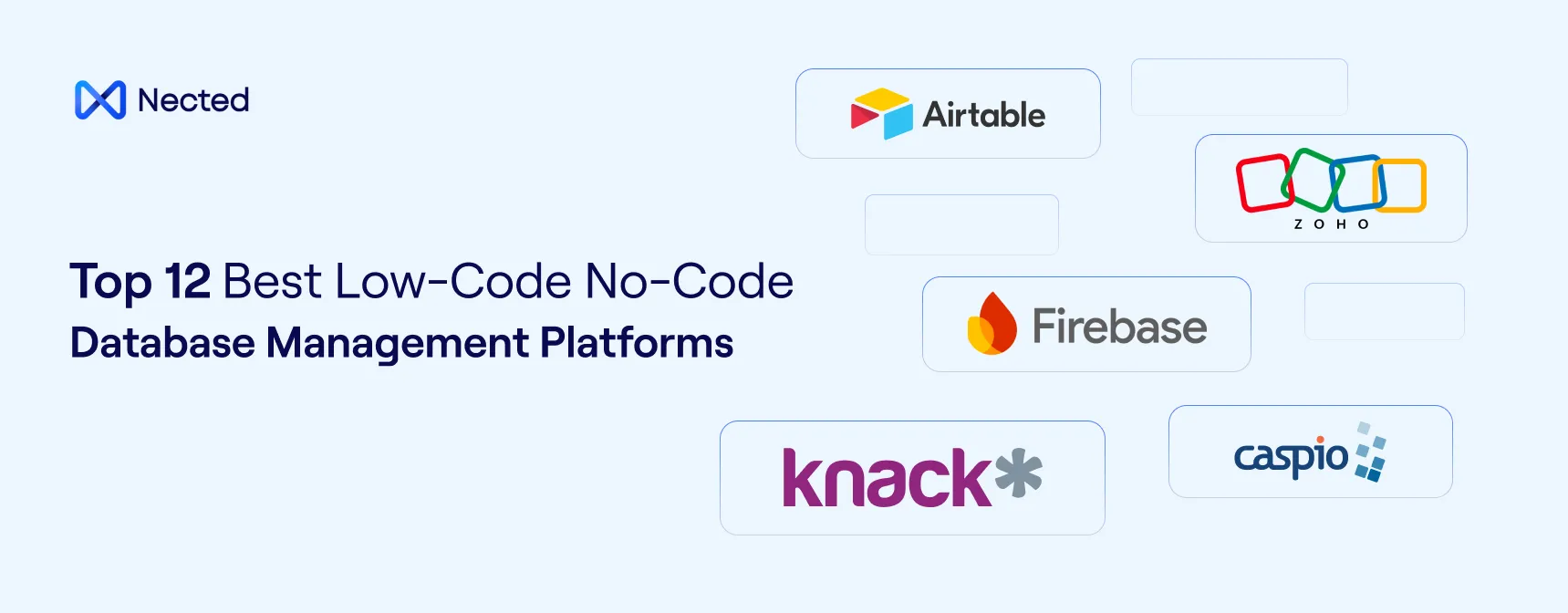

.webp)
.webp)






%20(1).webp)
